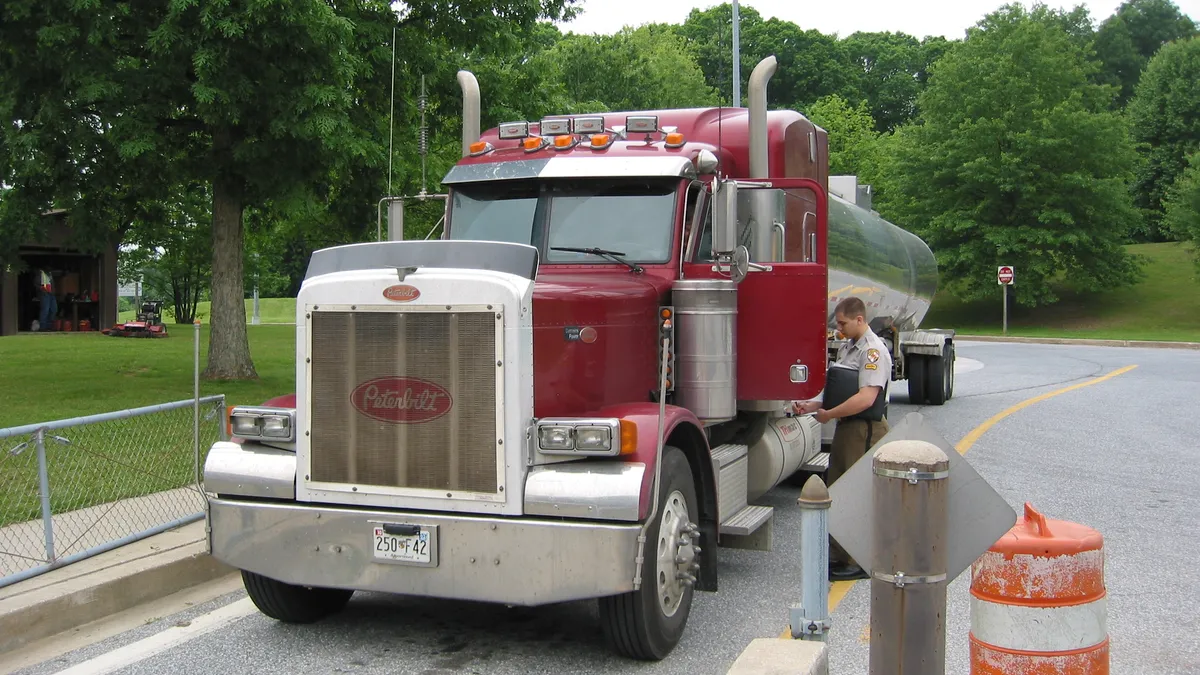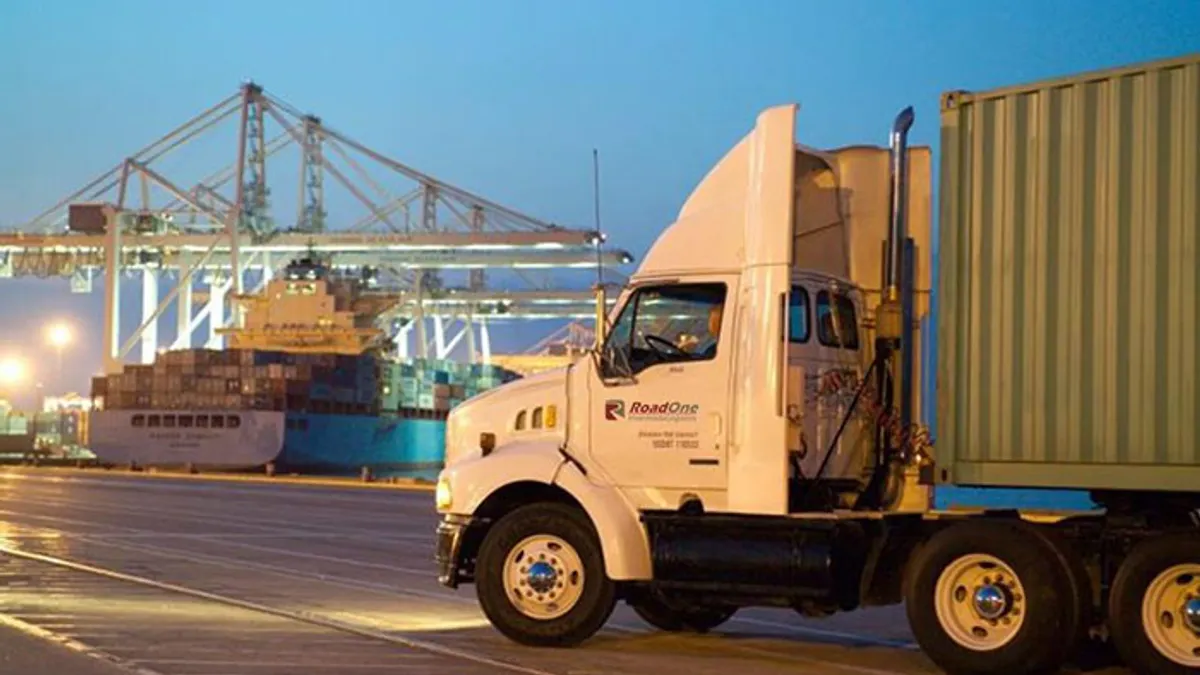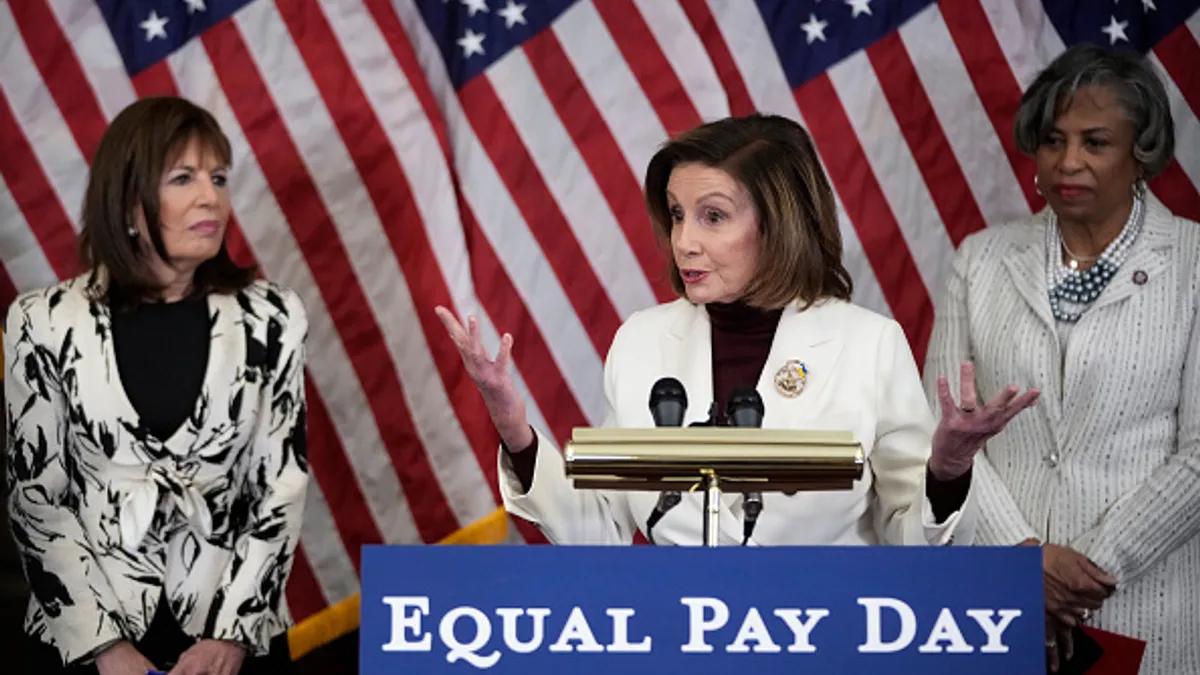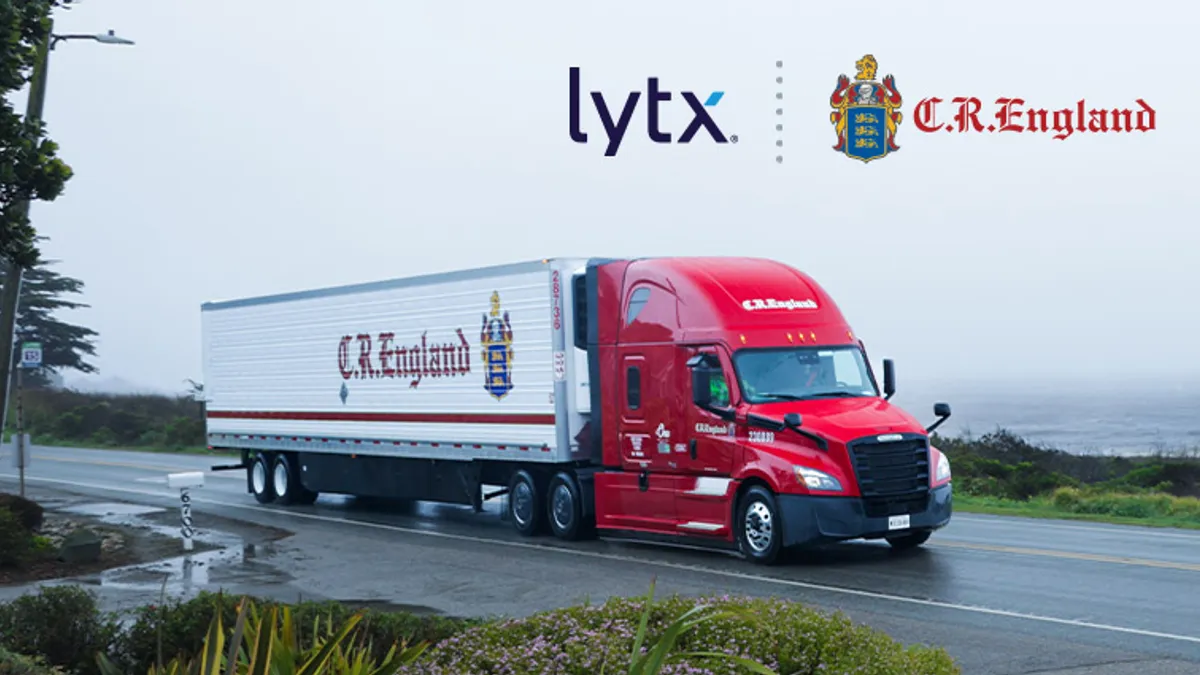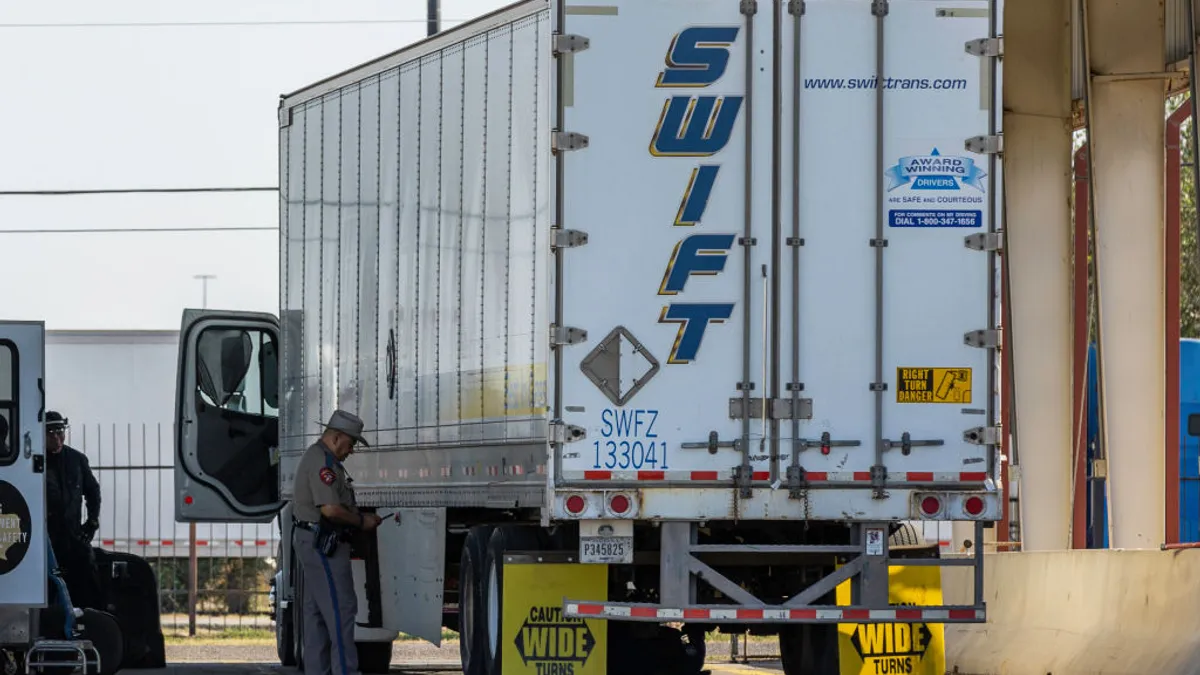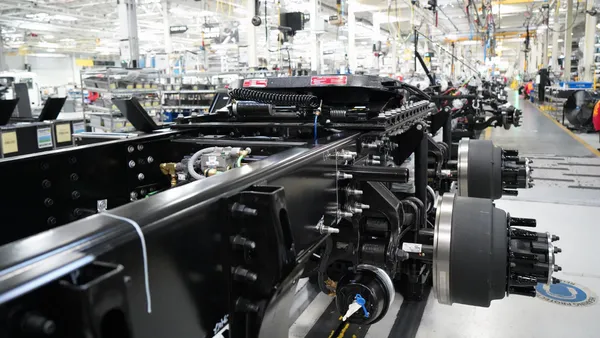As the COVID-19 crisis lengthens, government and trucking officials are expressing concern that drivers are not protected enough.
An outbreak among America’s drivers would be especially problematic for a nation more deeply dependent upon trucking fleets. And it would compound growing fears that the trucking industry will face a spate of other problems in Q2, including failures of small-to-midsize carriers and a continued stall in “non-essential” freight — products such as auto parts, made by manufacturers who have shut down or slowed their factories.
But the fears that COVID-19 illnesses could create new waves of problems in consumer supplies have leaders in Washington looking for new assurance that the supply chain will not fail.
A lack of healthcare resources
On Friday, Politico reported that FEMA found higher driver absenteeism, and an increased rate of illness among drivers and their families, especially in the Northeast. The FEMA report was dated April 10. FEMA did not return a message from Transport Dive seeking a copy of the report.
Last Tuesday, 25 Democratic members of the U.S. House of Representatives wrote a leader to congressional leaders asking for the creation of a “supply chain czar.” The House members said truck drivers and other essential workers were not getting enough supplies to protect themselves from infection.
“Our hospitals and providers continue to suffer from a lack of critical equipment, namely ventilators and personal protective equipment (PPE), resulting in substandard care, unsafe work conditions, and increasingly critical staffing shortages,” the House members wrote. “Similarly, essential employers, such as grocers, truck lines and essential manufacturers (including makers of desperately needed ventilators) need access to PPE and cleaning/sanitizing supplies to avoid supply chain disruptions of essential goods and ensure a safe environment for both employees and customers.”
A number of fleets contacted by Transport Dive did not return messages by the time of publication about their sick rates.
But FedEx acknowledged some team members have been diagnosed with COVID-19 and have taken time off. FedEx did not provide Transport Dive with specific numbers.
“We have contingency plans in place to cover any absences that result from this virus,” said Jonathan Lyons, FedEx spokesman, in an email to Transport Dive. “We are all aware of the seriousness of this virus, and continue to communicate to team members about the recommended preventative actions related to hygiene, including frequent hand-washing. We are also encouraging our team members to take any signs of illness seriously and seek medical attention as needed, and promoting guidance from leading public health organizations on how to keep the workplace clean.”
UPS said it could not share information about drivers’ sick time but Glenn Zaccara, UPS spokesman, in an email to Transport Dive, said the UPS network is meeting demand.
There are 3.5 million truck drivers, according to a June 2019 report of the U.S. Census Bureau. Of those, 1.96 million people drove heavy-duty or tractor-trailers in 2018, according to a U.S. Bureau of Labor Statistics report.
As the coronavirus continues to infect people nationwide — there are 788,000 cases as of Tuesday, according to the Johns Hopkins University — some fleets are turning to telehealth agencies and other alternatives.
One option for truck drivers is UrgentCareTravel, which operates 13 clinics across the 48 lower states. The clinics are located at Pilot Flying J truck stops, making them accessible to drivers. Many independent drivers and owner-operators do not have health insurance. But the parking issue and location are a big impediment to care too, Mitch Strobin, UrgentCareTravel senior vice president, told Transport Dive in March. The business intends to expand to 40 sites, and will soon open a 14th location, in Ohio. The COVID-19 outbreak has caused a flurry of inquiries, he said.
“We are getting a lot of interest now,” said Strobin. ”[The outbreak] is reintroducing us to a lot of fleets.”
Training and PPE mandates
As some states mandate wearing masks in public, the concern within the industry is growing. Drivers naturally self-isolate as they spend long hours on the road in their cabs, by themselves. When they drop off a load, they often wait for warehouse workers to arrive to empty their trailers. The points of more worrisome social contact are other places. Door handles. Restaurant tables. It has fleets and their trainers continuing to reach out to drivers to discuss best practices.
Laura McMillan, vice president of Instructional Technologies Inc.’s training program development, said her firm has made public an online training video about how to avoid contracting the virus. It’s a video that fleets are asking for, she said.
“The best advice I can give is be aware of your surroundings,” McMillan told Transport Dive. “The area of focus is what people are touching.”
McMillan said she believes that drivers should wear PPE in public, including masks. McMillan said some of her fleet customers are preparing care kits that include sanitizers, masks and gloves.
“We, just in the last week, have gone through 6,000 masks.”

Kendra Hems
President, Trucking Association of New York
Some of the states that drivers are servicing are hot spots for virus. New York has the most confirmed COVID-19 cases with 253,000 ill, and it has the nation’s highest death toll of 18,653, according to Johns Hopkins University. New Jersey has 88,800 cases with 4,520 deaths.
Fleets are obviously wary of having their drivers operate within hot-spot states without PPE. But getting hands on PPE has not been easy for fleet managers. Brent Higgins Trucking, a 22-truck fleet in Arkansas, told Heavy Duty Trucking on April 14 that the fleet tried to get surgical masks in February but had its orders canceled. The fleet found a company that made masks out of jerseys for them.
To help, the American Trucking Associations and state affiliates are helping distribute PPE to drivers.
“We, just in the last week, have gone through 6,000 masks,” said Kendra Hems, president of the Trucking Association of New York. “And we’re working on a new order ... we’re going to have an additional 10,000. And I suspect we’re going to run through those pretty quickly as well.”
Hems told Transport Dive she doesn’t see the demand for PPE going away anytime soon, since some states are requiring the wearing of masks in public.
S.L. Fuller contributed to this article.
This article was updated to include a response from FedEx about driver sick time and processes.


